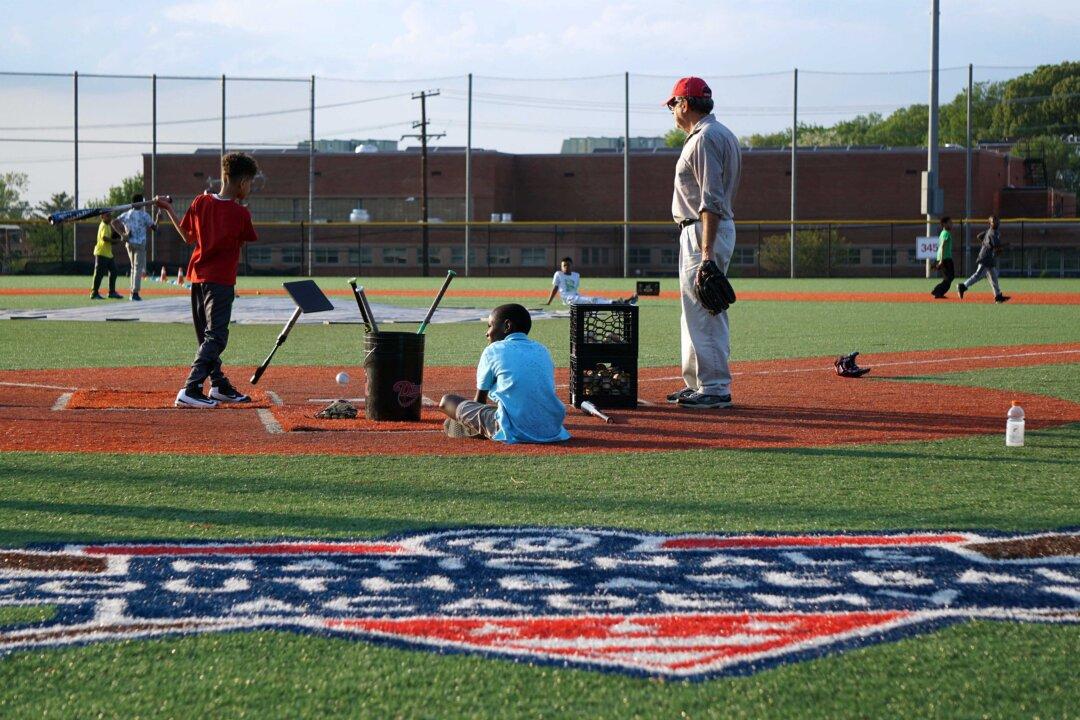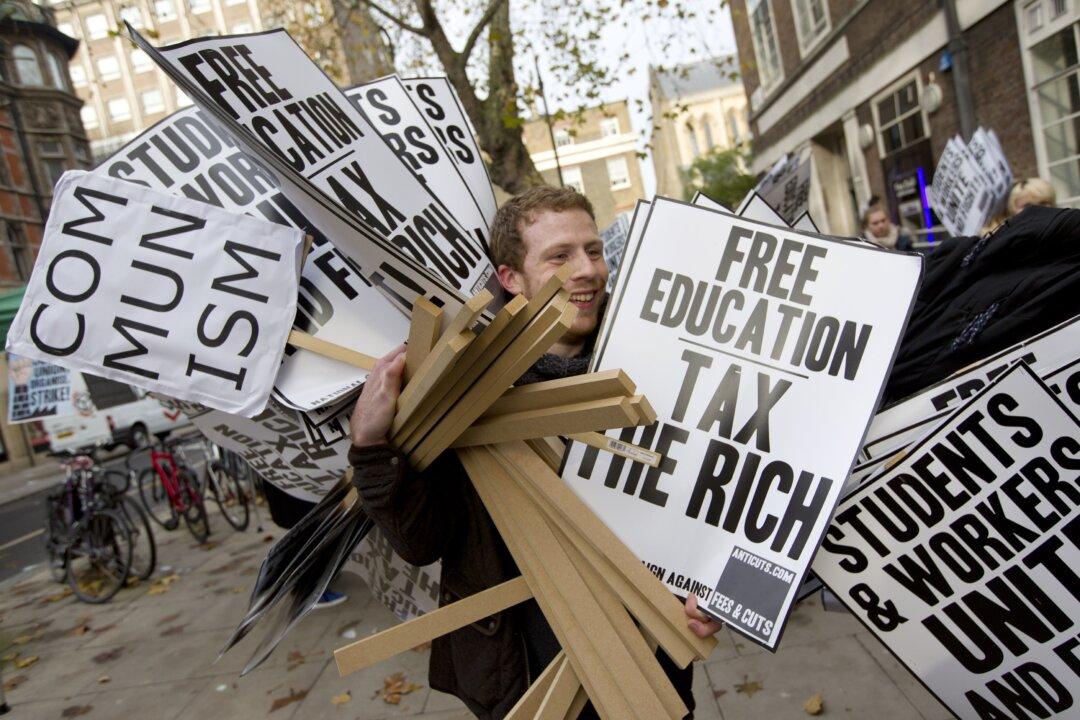Commentary
Headlines can only be so long, so let me place this article’s headline in a particular context: When one of our children receives a low grade or a bad report from a teacher, whose side do you take? Do you take the teacher’s report seriously or do you “know” that the problem is with the teacher and not your child?





